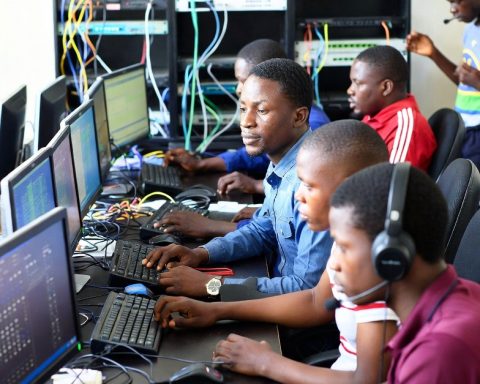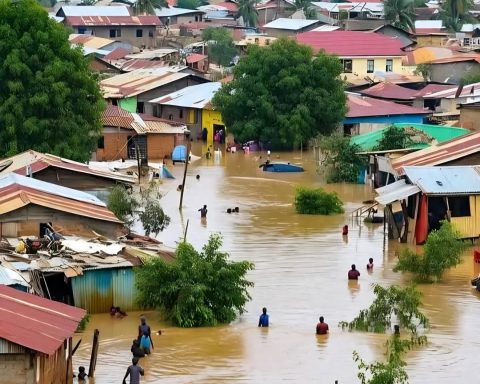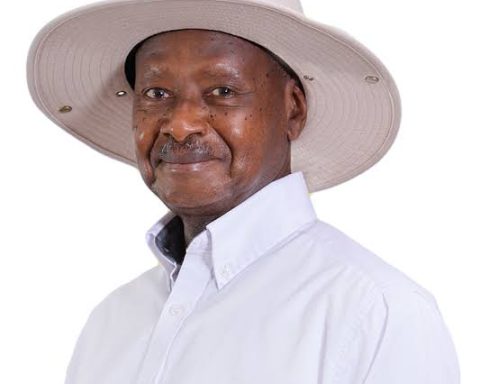The South African Federation of Trade Unions (SAFTU) has raised the alarm over what it termed a “devastating blow to working-class households” after Eskom, the country’s state-owned power utility, confirmed it will raise electricity tariffs by an additional three percent over the next two years.
The increase follows an out-of-court settlement with the National Energy Regulator of South Africa (Nersa), which admitted it had made a serious error in calculating Eskom’s finances. When it set tariffs under the Multi-Year Price Determination 6 (MYPD6) model, Nersa undervalued Eskom’s depreciation and asset base.
Join our WhatsApp ChannelThat meant some of the company’s power plants and infrastructure were written off too quickly, reducing the revenue Eskom was legally entitled to collect.
The miscalculation resulted in a shortfall of 54 billion rand (approximately 2.9 billion US dollars). Eskom challenged the decision in court, and the two sides eventually settled. The agreement allows Eskom to recover the shortfall by raising tariffs in the coming years.
SAFTU says the adjustment will deepen “energy poverty,” warning that millions of low-income families will be forced to reduce usage or face disconnection.
“This settlement, while correcting technical errors, represents yet another blow to poor households already devastated by unemployment and the rising cost of living,” said SAFTU spokesperson Newton Masuku. The union notes that electricity prices have already risen more than 700 percent since 2007.
South Africans currently pay an average of 3.71 rand per kilowatt-hour (about 12 US cents). While this is lower than the global average of 16 cents, SAFTU argues that the comparison hides the real strain, since many South Africans earn far less than the global median and in some cases spend up to 20 percent of their income on electricity.
Western Cape Premier Alan Winde has also rejected the settlement, calling it unfair that ordinary citizens must absorb the cost of regulatory mistakes. “The public deserves an avenue to challenge these errors,” Winde said. Cape Town has tried to soften the blow by expanding a solar “cash-for-power” program, where households can sell excess energy back to the city’s grid.
Eskom, which supplies about 90 percent of South Africa’s electricity, is already weighed down by more than 21 billion US dollars in debt, aging coal plants, and recurring rolling blackouts. The regulator’s miscalculation and its decision to recover the shortfall through consumers adds yet another layer of strain.
READ ALSO: Sahara Group Targets Gas, Renewables In Drive For Africa’s Sustainable Energy Future
Nersa has pledged to keep annual increases in single digits, but with tariffs already set to climb 12.7 percent in April 2025, followed by 8.76 percent in 2026/27 and 8.83 percent in 2027/28, the cumulative effect is expected to be significant.
For unions and local leaders, the issue is not just about technical accounting but about fairness. South African households are being asked to pay billions more, not to improve the country’s fragile electricity system, but to correct mistakes made by regulators. With unemployment stubbornly high and living costs surging, critics warn that these hikes risk pushing millions deeper into poverty and fueling wider unrest.








